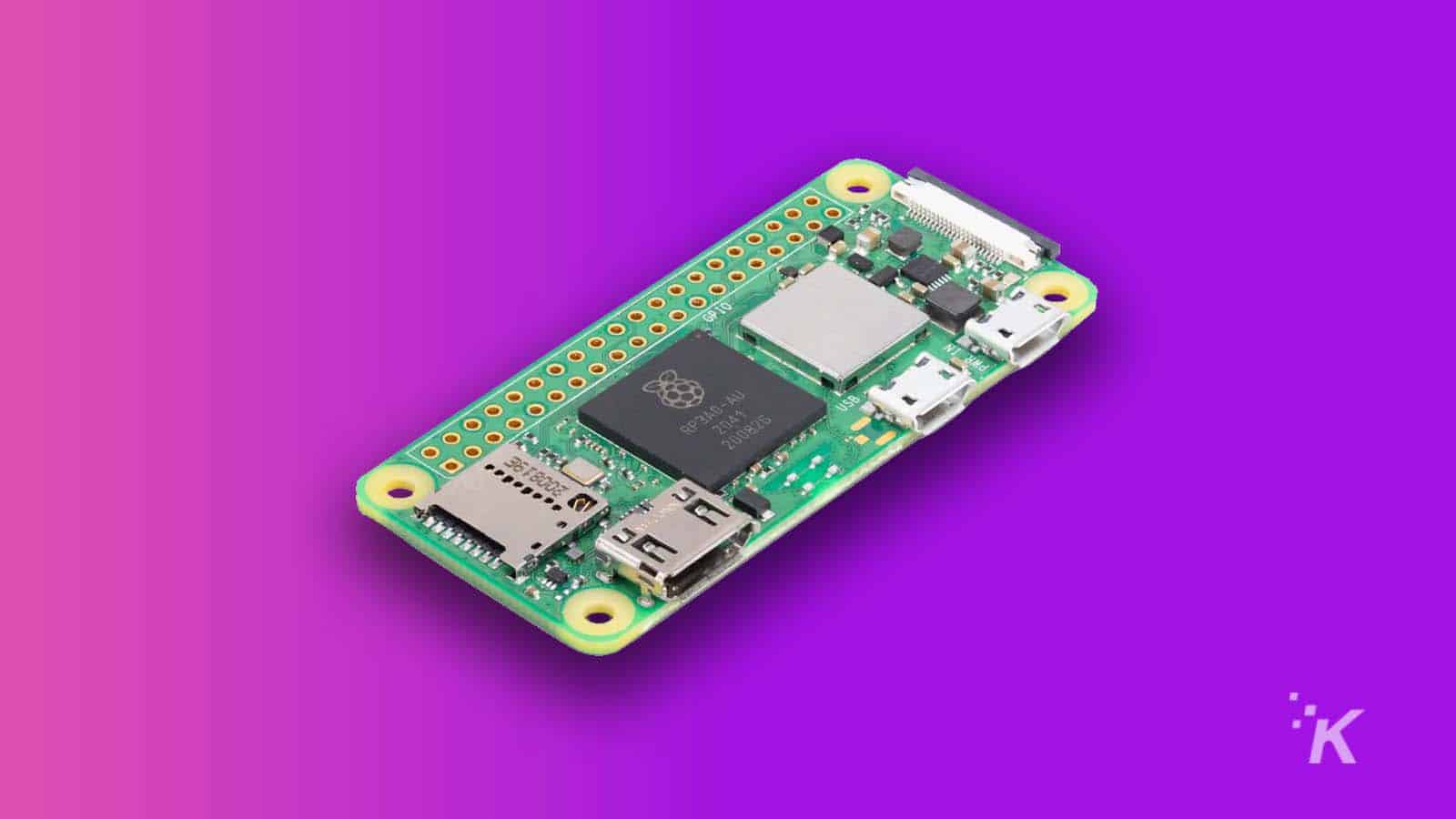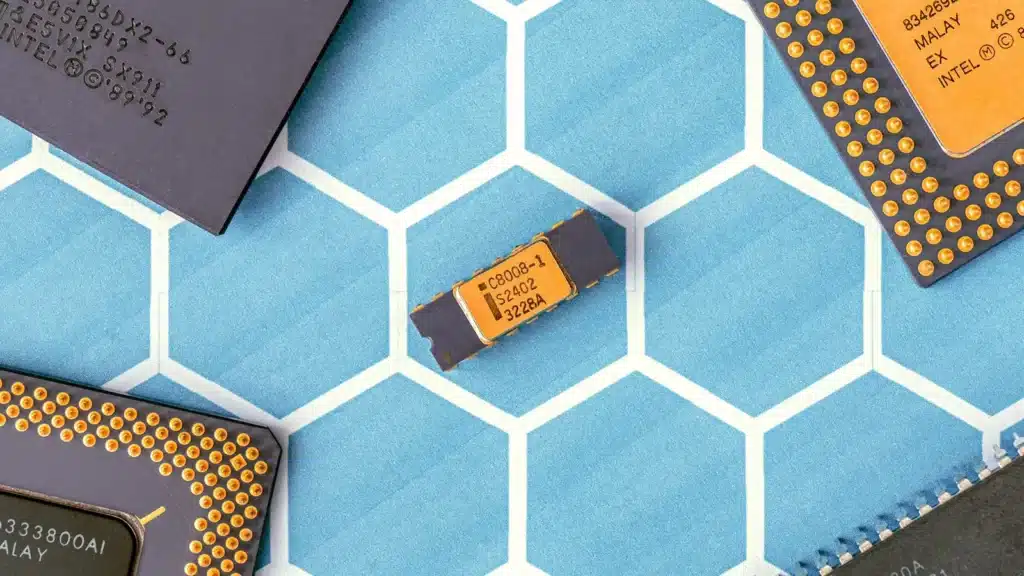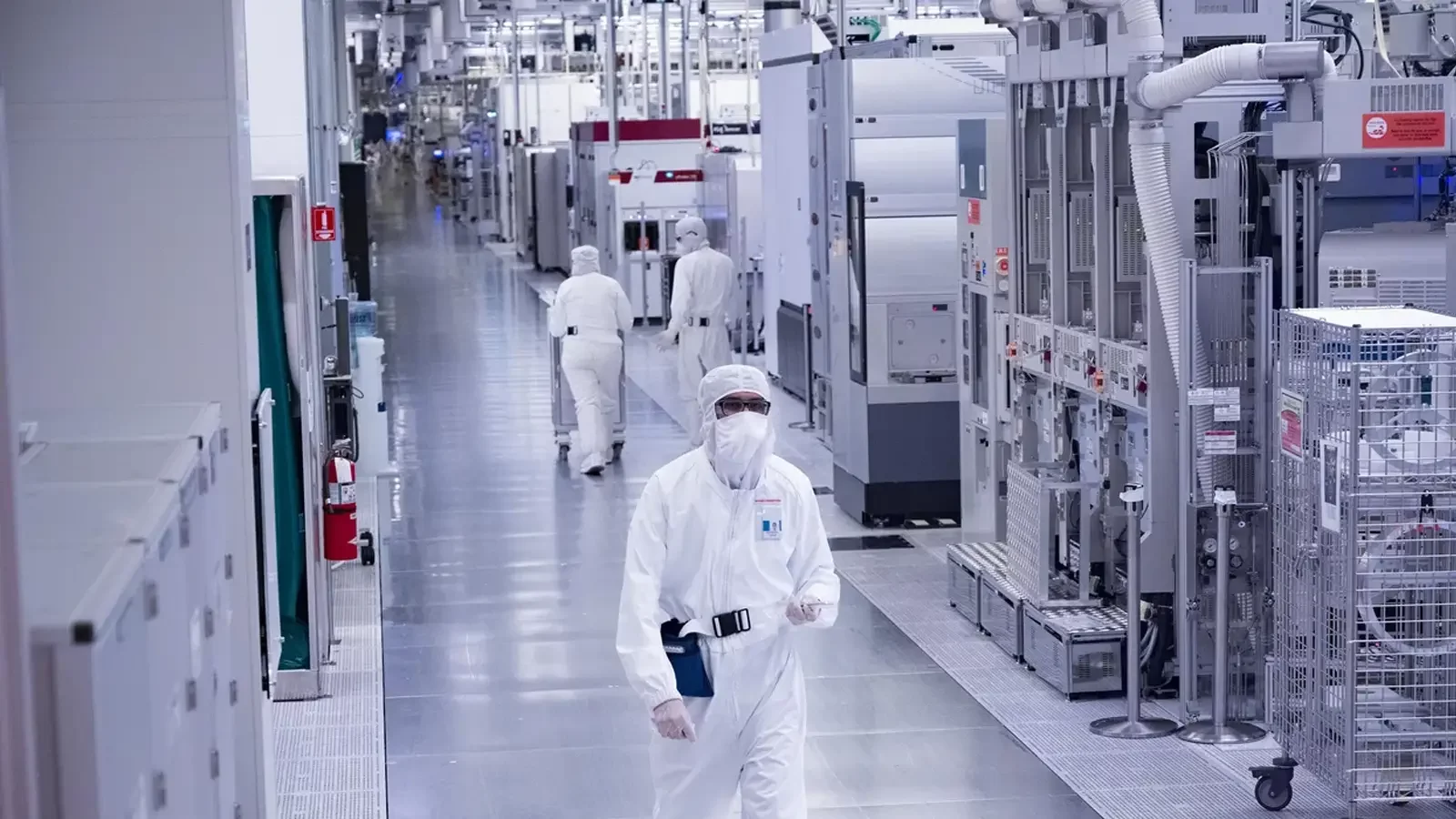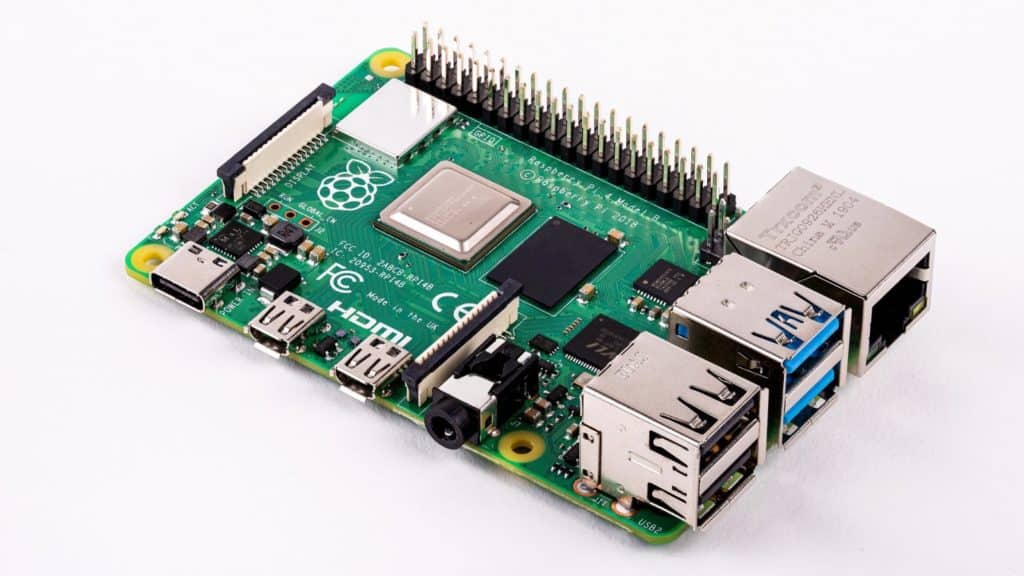News
Raspberry Pi devices resurface as semiconductor shortage eases
Raspberry Pi devices were hit hard by the semiconductor shortage.

Just a heads up, if you buy something through our links, we may get a small share of the sale. It’s one of the ways we keep the lights on here. Click here for more.
Here’s an early Christmas present for all the makers, developers, and tinkerers: you’ll soon be able to get your hands on a Raspberry Pi.
Since the earliest days of the pandemic, popular single-board computers have been a scarce commodity.
If you visited the storefront of any approved reseller, you’d see the same three words: “Out of stock.”
But now, as the semiconductor shortage shows signs of easing, that’s about to change.
These brightening conditions have allowed the release of over 100,000 Raspberry Pi computers for single-unit sales.
According to Raspberry Pi founder Ebon Upton, these units are split across the company’s most popular machines.
These include the “Zero W, 3A+ and the 2GB and 4GB variants of Raspberry Pi 4.”
This is welcome news for hobbyists, who previously were forced to pay the extreme markups demanded by Raspberry Pi scalpers.
In some cases, the company’s most powerful machines were sold for 400 percent above retail.
Why was it so hard to buy a Raspberry Pi?

The Raspberry Pi was especially affected by the semiconductor crunch.
As a relatively small customer (compared to the likes of Samsung or Apple), it lacked the power and influence to demand priority from manufacturers.
Complicating matters further, its chipsets use older semiconductor manufacturing processes.
The BCM2711 chipset that powers the Raspberry Pi 4 Model B uses a 28nm node. That’s the same as many industrial and automotive chipsets.
In early 2021, the semiconductor industry was devastated by two freak incidents: the first was a fire at a Japanese semiconductor fab owned by Renesas, which primarily catered to industrial and automotive customers.
The other was a cold snap in Texas, which resulted in the collapse of the state’s power grid. As a result, Samsung and NXP were forced to stop manufacturing chipsets.
Semiconductor manufacturing isn’t like a faucet. You can’t just turn it on and off. It takes time — a lot of time — to restart production.

And this only exacerbated the woes faced by Raspberry Pi, which faced increased competition for precious manufacturing time.
Industrial and automotive users either switched foundries, often to TSMC, which makes the Pi’s BCM2711 processor, or redesigned their chips to use the same 28nm node as the Raspberry Pi. You see where this is going.
There’s also the demand element. Raspberry Pi computers are great educational tools, but they’re also good for building embedded devices.
At the start of the pandemic, these computers were increasingly found in medical equipment and other physical hardware products.
And so, individual users were forced to wait in an ever-lengthening line.
Price hikes

It’s not all good news. Faced with higher production costs, Raspberry Pi is hiking the price of some key devices.
The cheapest Raspberry Pi Zero machine will jump from $5 to $10, whereas the more powerful Raspberry Pi Zero W now costs $15, up from $10.
Writing on the official Raspberry Pi blog, Upton said this was a necessary step, due to the low margins of the computers.
“Our original Raspberry Pi Zero products have always had very low margins, and after the recent cost increases they are no longer commercially viable at their original price points — if we kept to the old price we’d be making a loss on every single Zero we sell,” he wrote.
“There is an upside here, though: once Zero products return to volume availability in 2023, we no longer expect to see the single-unit limitations that have been a feature of Zero since its launch in 2015.”
Have any thoughts on this? Carry the discussion over to our Twitter or Facebook.
Editors’ Recommendations:
- Oceanic+ turns the Apple Watch Ultra into a dive computer
- The iPhone 15 Pro Max could get USB 3.2 – here’s why that matters
- What is OLED burn-in and how can you avoid it?
- Is it okay to keep my computer near the window?
Just a heads up, if you buy something through our links, we may get a small share of the sale. It’s one of the ways we keep the lights on here. Click here for more.
































